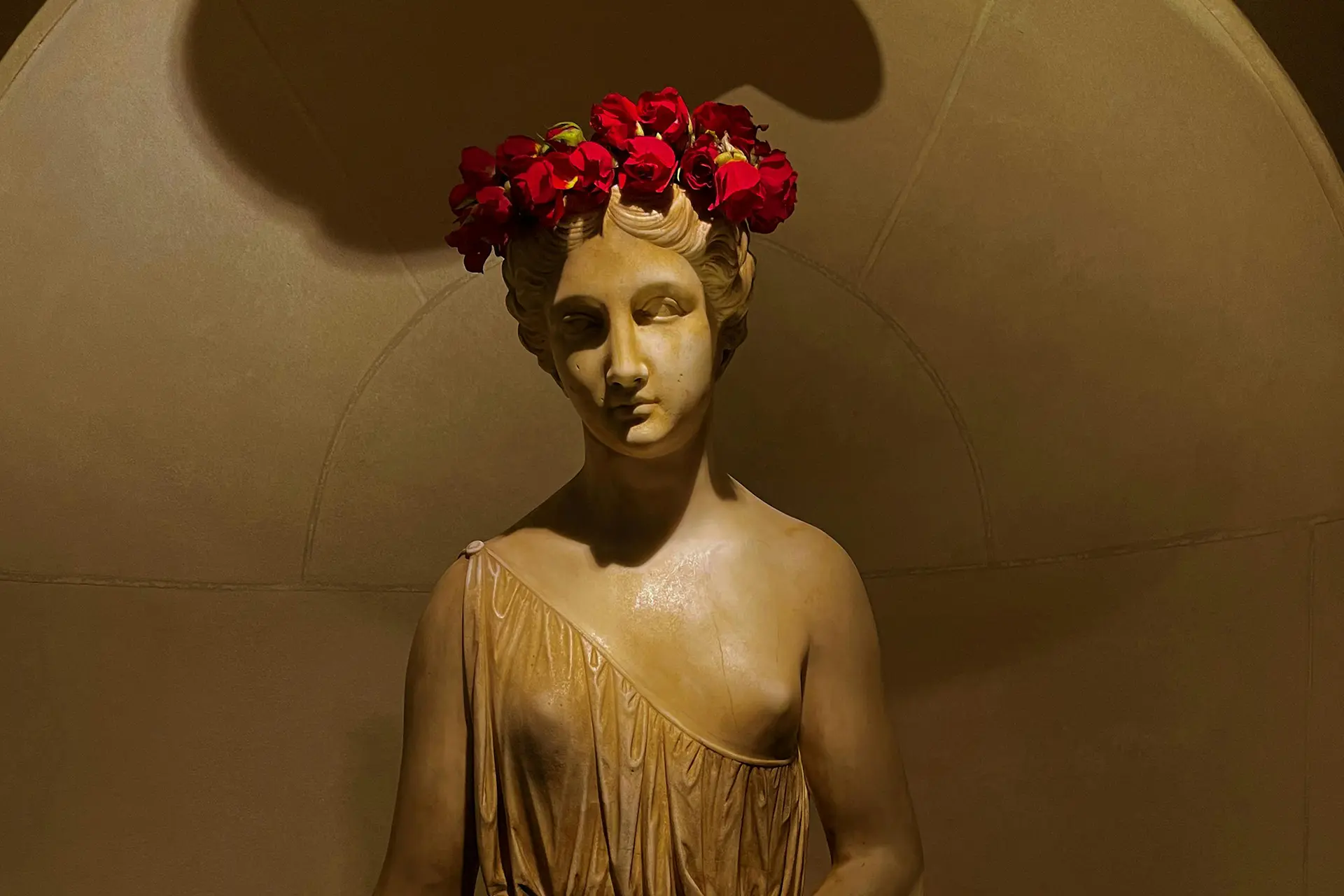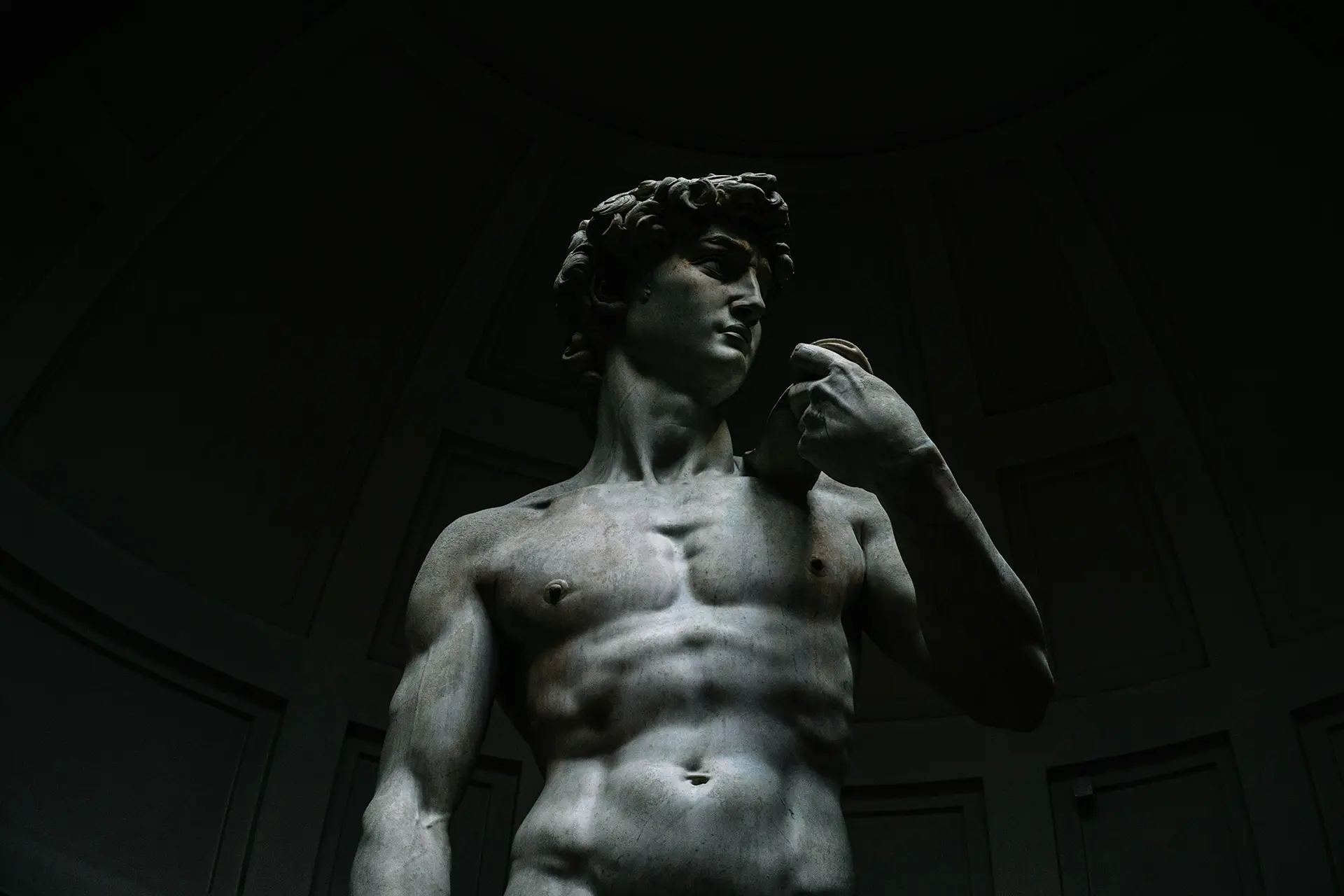
Discover the mythological legacy of Apollo, God of the Sun, Music, and Prophecy, as part of our Mount Olympus Pantheon series exploring the gods’ enduring influence.
Few figures in Greek mythology shine as brightly as Apollo. Son of Zeus and the Titaness Leto, twin brother to Artemis, and one of the most revered deities of the Olympian pantheon, Apollo embodied harmony, intellect, and power. As we expand our ongoing Mount Olympus Pantheon series, it’s time to cast a golden spotlight on this radiant god, whose influence extended far beyond the mountain’s shadow and into every facet of ancient Greek life.
A God of Many Gifts
Unlike some gods whose roles were narrowly defined, Apollo’s domain stretched across several realms. He was the god of the sun, bringing light and clarity to the world; of music and the arts, inspiring poetry, song, and beauty; of prophecy, delivering divine truths through his oracles; and of healing, capable of both curing and causing illness. This complexity made him a favorite among mortals and gods alike—respected, admired, sometimes feared, but always central to the mythological narrative.

The Light of Olympus
Though Helios originally drove the sun’s chariot across the sky, it was Apollo who came to embody the spirit of sunlight and clarity. In mythology, his presence banished darkness both literally and metaphorically. On Mount Olympus, he was seen as a force of balance—sharp and golden like the rays he represented, yet measured and elegant in demeanor.
His daily journey across the sky was often depicted in poetry and sculpture, a symbol not just of the passing day, but of wisdom, order, and divine radiance.
Patron of the Arts
With his lyre gifted by Hermes, Apollo became the god of music and poetry. He led the Muses, the nine goddesses of creative inspiration, and presided over harmony in all its forms—whether in song, language, or thought. In the temples dedicated to him, hymns and competitions honored his artistic spirit. His influence on music still echoes today, especially in classical literature, where he’s often invoked as the ideal of poetic perfection.

The Oracle of Delphi
Among Apollo’s most enduring legacies is the Oracle of Delphi. Perched on Mount Parnassus, not far from Mount Olympus, the sanctuary was one of the most significant religious sites in the ancient world. Here, the Pythia—a high priestess—delivered Apollo’s cryptic prophecies to kings, generals, and common citizens alike. Through her, the god of prophecy shaped history, guiding great decisions and empires.
Delphi may have been his seat of prophecy, but Mount Olympus remained his eternal home—where vision, insight, and intellect were revered just as deeply.
Healing Hands and Deadly Arrows
Apollo’s dual nature made him a god of both healing and disease. He was said to have taught humans the art of medicine through his son Asclepius, the divine healer, while also punishing hubris with deadly plagues. This duality reflected the ancient Greek understanding of balance in nature: that the power to cure was always linked to the power to harm.
Offerings made to Apollo often asked for protection against disease or guidance in times of health crises—a tradition echoed in modern interpretations of holistic healing and balance.

Apollo’s Influence Today
From sun-kissed statues to operas, poems, and even NASA’s lunar missions, Apollo’s legacy has endured through the ages. In modern Greece, his name graces everything from theaters to cities, and his attributes—light, reason, beauty—still resonate deeply.
On Mount Olympus, standing beneath the clear blue sky with the sunlight breaking over the peaks, it’s easy to feel his presence. Whether you’re hiking a trail or listening to music that moves your soul, Apollo’s essence lingers in the details—in every inspired moment, every golden dawn.
Part of the Olympus Pantheon Series
This post is part of our ongoing exploration of the gods who once ruled Mount Olympus. If you’ve missed previous entries, be sure to explore our features on Zeus, Hera, Poseidon, Athena, and Demeter. Each deity shaped the myth and magic of Olympus, and each continues to inspire travelers who come seeking more than just mountains—they come searching for the divine.



